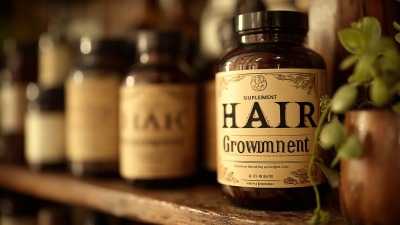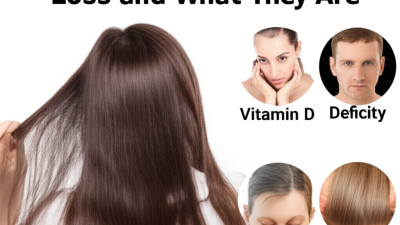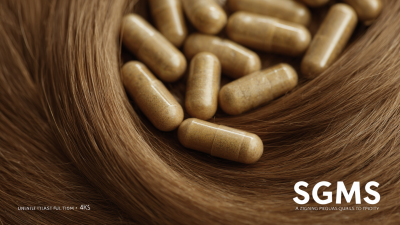
-
Home
-
Products
-
About US
-
FAQ
-
News
-
Tips
-
Contact Us
Leave Your Message
- Phone
- E-mail
- WhatsApp
- WA Business



In recent years, the demand for effective solutions to combat hair loss has surged, with the global hair loss treatment market projected to reach approximately $11.5 billion by 2024. Among the various remedies available, Hair Loss Dietary Supplements have emerged as a popular choice for individuals seeking to enhance their hair health and promote regrowth. According to a report from Grand View Research, the increasing prevalence of hair loss, affecting nearly 50% of men and 25% of women by the age of 50, has accelerated consumers' interest in scientifically-formulated supplements that support hair vitality.
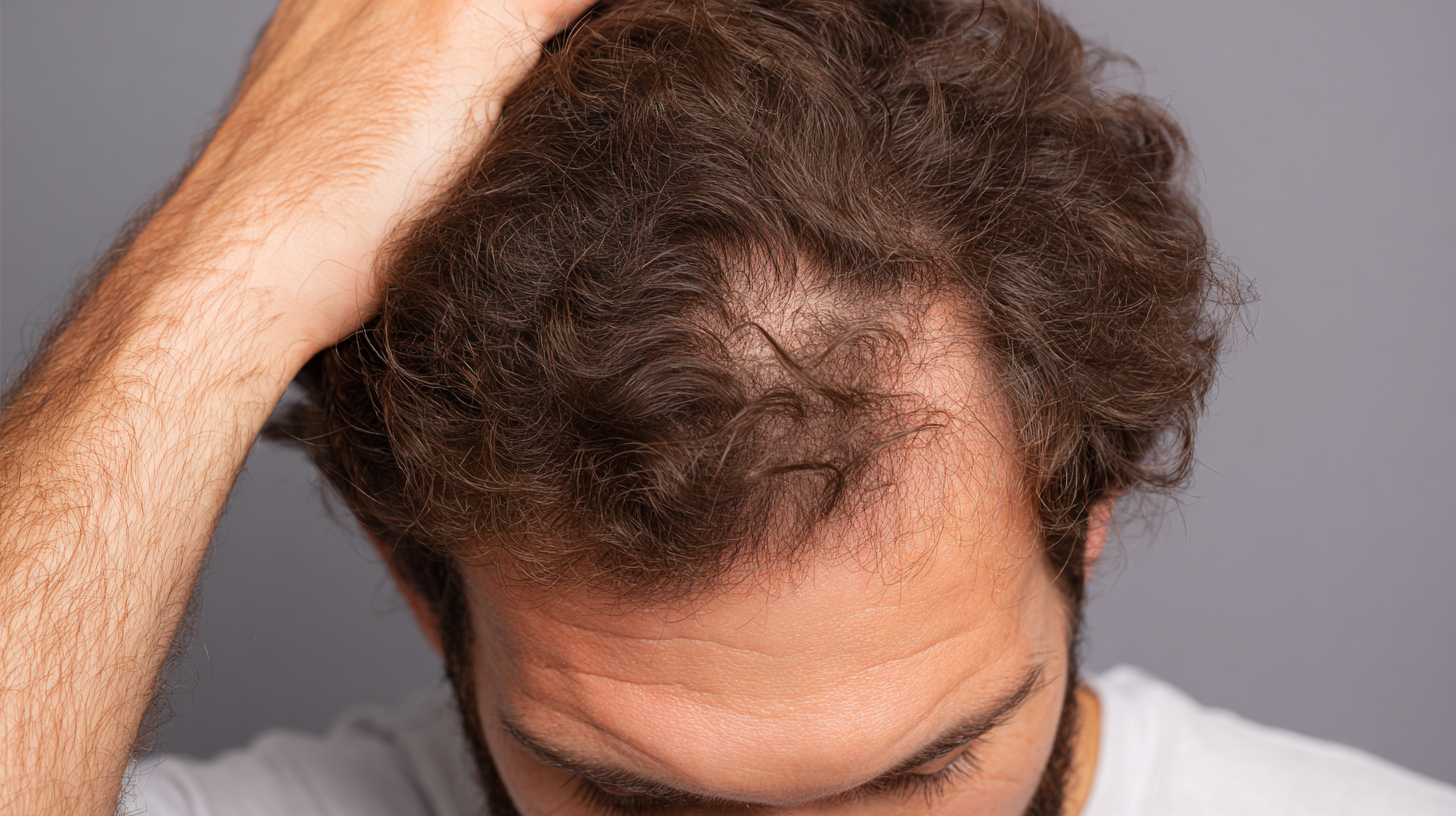
However, with an overwhelming number of options on the market, choosing the right Hair Loss Dietary Supplement can be daunting. This blog aims to guide readers through essential tips and factors to consider when selecting the most effective supplements to achieve optimal results for their hair restoration journey.
Hair loss is a multifaceted issue that affects millions worldwide, with studies indicating that approximately 40% of men and 50% of women experience noticeable hair loss by the age of 50. Various factors contribute to this condition, ranging from genetics and hormonal changes to nutritional deficiencies and environmental stressors. For instance, the American Academy of Dermatology notes that androgenetic alopecia, or hereditary hair loss, is the most common form, often exacerbated by factors such as diet and lifestyle.
Nutritional deficiencies play a critical role in hair health. Research from the Journal of Dermatology highlights that deficiencies in vitamins such as biotin, vitamin D, and iron can lead to significant hair thinning and loss. A balanced diet that includes these essential nutrients can help mitigate the risk of hair loss. Furthermore, stress-related factors, including chronic stress and hormonal imbalances, can lead to conditions like telogen effluvium, where hair follicles enter a shedding phase prematurely. Understanding these contributing factors is vital for anyone looking to effectively combat hair loss and explore appropriate dietary supplements.
| Supplement Ingredient | Function | Recommended Dosage | Potential Benefits | Side Effects |
|---|---|---|---|---|
| Biotin | Supports hair growth and strength | 30-100 mcg daily | Improved hair thickness and growth | Very rare allergic reactions |
| Zinc | Aids in hair tissue growth and repair | 11 mg daily | Prevention of hair loss | Nausea, diarrhoea, headaches |
| Saw Palmetto | May block DHT, a hormone linked to hair loss | 160-320 mg daily | Reduced hair loss in men | Digestive upset, headache |
| Iron | Helps carry oxygen to hair follicles | 18 mg daily | Promotes healthy hair growth | Constipation, nausea |
| Vitamin D | Supports hair follicle cycle | 600-800 IU daily | Enhanced hair growth | Fatigue, headaches |
When it comes to choosing the right hair loss dietary supplement, identifying key ingredients is crucial for optimal results. Research shows that several vitamins and minerals play significant roles in promoting hair health. For instance, a study published in the "Journal of Clinical Medicine" highlighted that biotin supplementation can result in improved hair growth in individuals with thinning hair, with 38% of participants reporting visible results within three months. Similarly, iron and zinc are essential for hair follicle function, and deficiencies may lead to increased shedding.
Tip: Always check for FDA-regulated supplements to ensure safety and efficacy in your choice.
Another vital ingredient is saw palmetto, which may inhibit the production of dihydrotestosterone (DHT), a hormone known to contribute to hair loss. According to the "American Hair Loss Association," saw palmetto has shown promise in clinical trials, with users experiencing a 35% increase in hair growth after six months of consistent use.
Tip: Look for supplements that contain a blend of natural ingredients, as they often provide synergistic effects that can enhance hair health.
Incorporating these key ingredients can profoundly impact your hair growth journey, making it essential to make informed choices when selecting a dietary supplement for hair loss.
When it comes to selecting dietary supplements for hair loss, it is crucial to evaluate the scientific evidence that backs their claims. Many products on the market promise miraculous results, but without rigorous research, such claims can often be misleading. Look for supplements that have been tested in peer-reviewed studies, which provide a more reliable foundation for their efficacy. Ingredients like biotin, saw palmetto, and specific vitamins should come with clinical support to substantiate their ability to promote hair growth or prevent further loss.
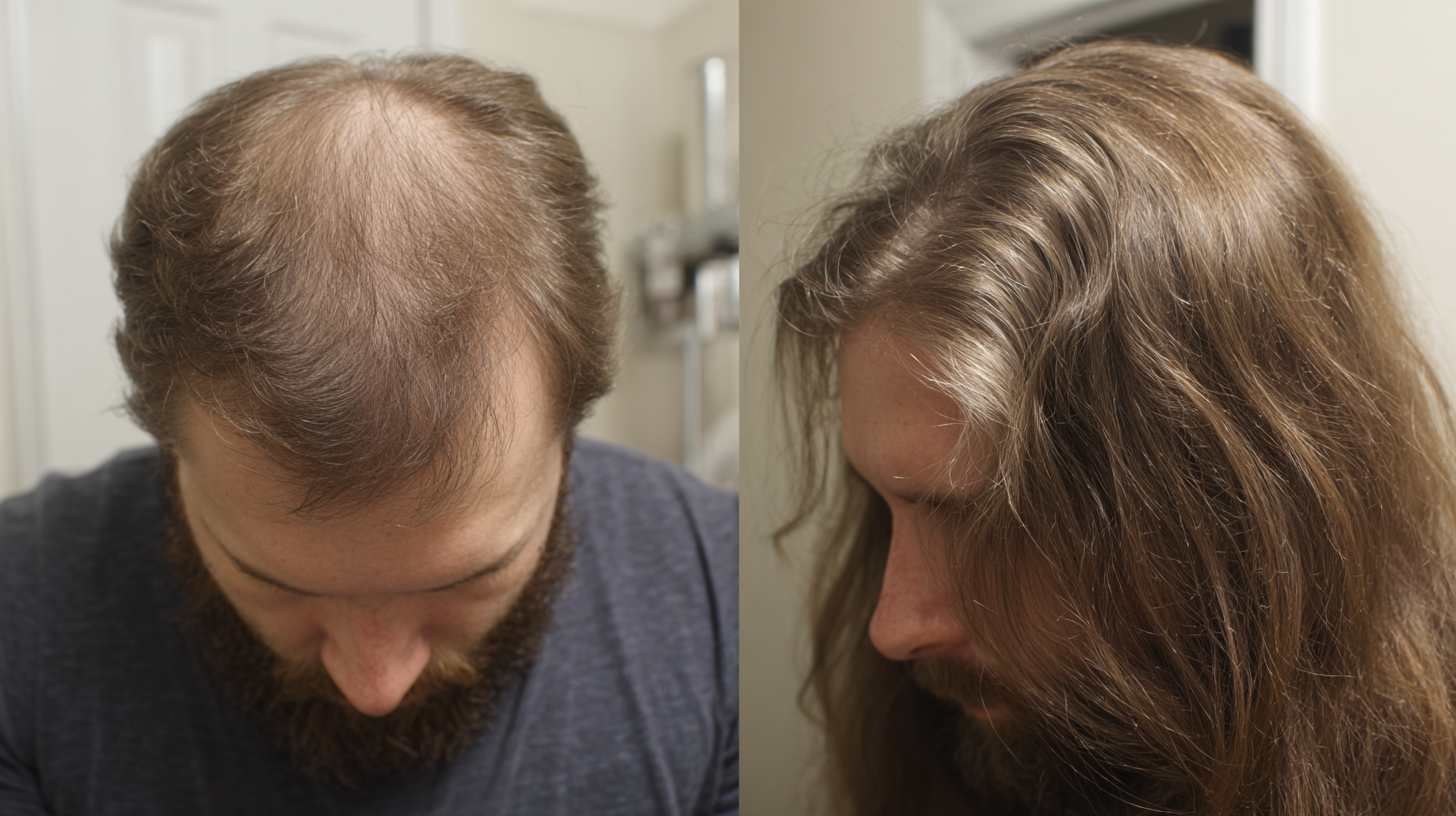
In addition to scrutinizing individual ingredients, it's important to assess the overall formulation of a supplement. The balance of nutrients, dosages, and the presence of synergistic ingredients can enhance effectiveness. You should also consider the methodology of the studies cited by supplement manufacturers. Robust research typically involves controlled trials with a clearly defined participant group and measurable outcomes. By focusing on supplements that showcase a strong scientific basis, you can make more informed choices and potentially achieve optimal results in your hair loss treatment journey.
When selecting a hair loss dietary supplement, it is crucial to assess your personal needs based on age, gender, and any underlying health conditions. Each demographic group has unique requirements; for instance, women often need supplements rich in iron and folic acid, which are essential for maintaining healthy hair growth. Meanwhile, men may require formulations that address hormonal imbalances, such as DHT blockers. Understanding these differences can guide you in making an informed choice.
Tip: Before purchasing a supplement, consider consulting with a healthcare professional to evaluate your individual health status. They can help you identify any deficiencies or specific needs that a dietary supplement might address.
Moreover, health conditions such as thyroid disorders or autoimmune diseases can impact hair health significantly. It's vital to select a supplement that complements any ongoing treatments or medications. Look for products that are specifically designed to support hair health in relation to your unique health profile.
Tip: Always read ingredient labels carefully and opt for supplements that feature clinically tested ingredients known to promote hair growth. Customizing your supplement choice to suit your personal profile not only enhances efficacy but also supports overall well-being.
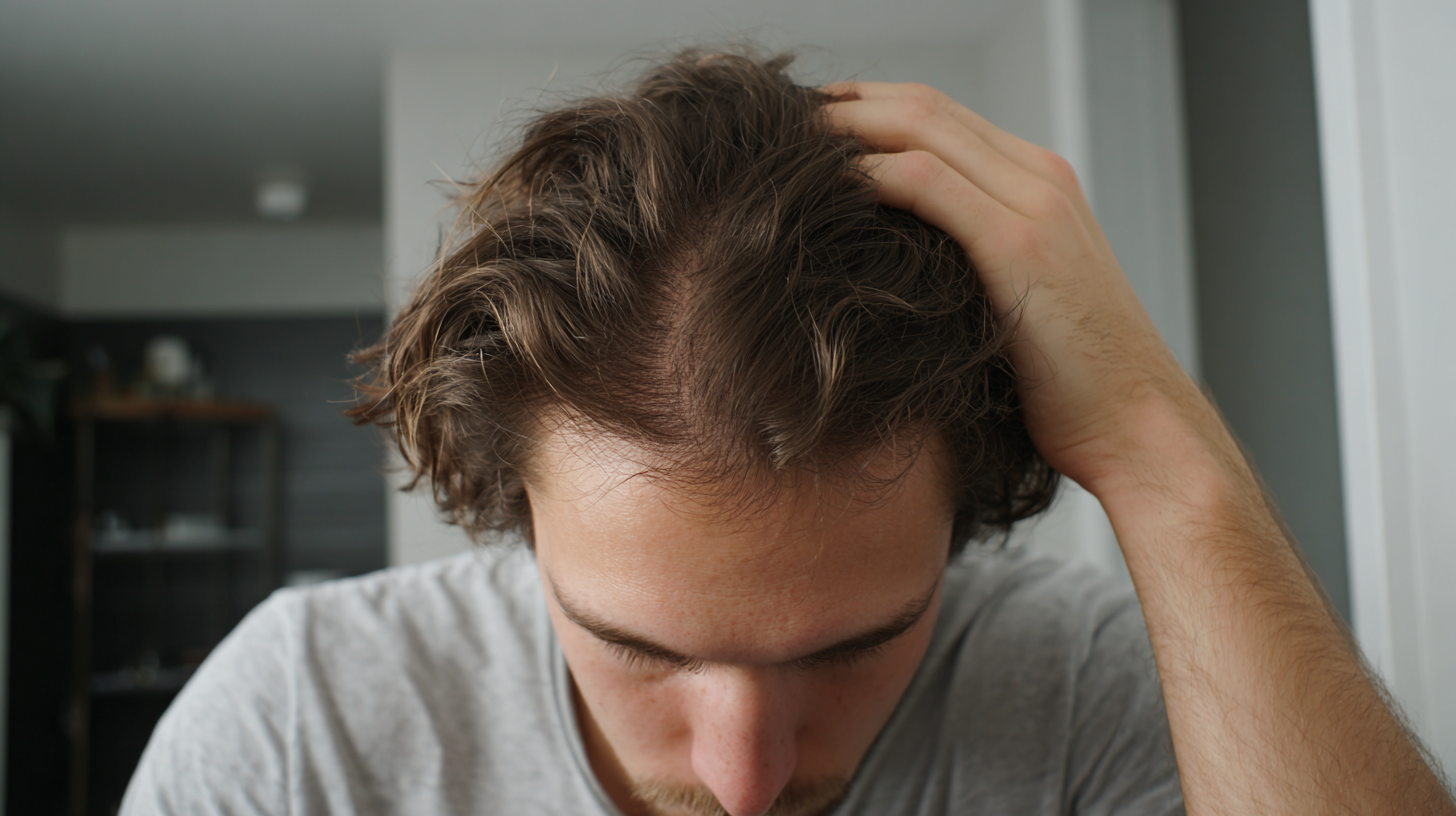
When searching for high-quality hair loss dietary supplements, it's essential to prioritize safety and efficacy. A study published in the "Journal of Dermatological Treatment" indicated that supplements featuring ingredients like biotin, zinc, and saw palmetto have shown promising results in promoting hair growth. Biotin, in particular, is renowned for its role in keratin production and can enhance hair strength. Look for supplements that contain clinically validated dosages and formulations, as this increases the likelihood of achieving optimal results.
Additionally, scrutinizing the sourcing and manufacturing practices of a supplement is crucial. The global dietary supplements market is projected to reach over $220 billion by 2026, reflecting increasing consumer interest in health and wellness products. However, this growth also leads to a rise in subpar products. Selecting supplements that are third-party tested for quality and purity significantly reduces the risk of contaminants and ensures you are investing in a truly effective product. Transparency in ingredient sourcing and a commitment to adhering to good manufacturing practices are vital indicators of a trustworthy supplement. Remember, informed choices lead to better outcomes in your hair loss journey.



